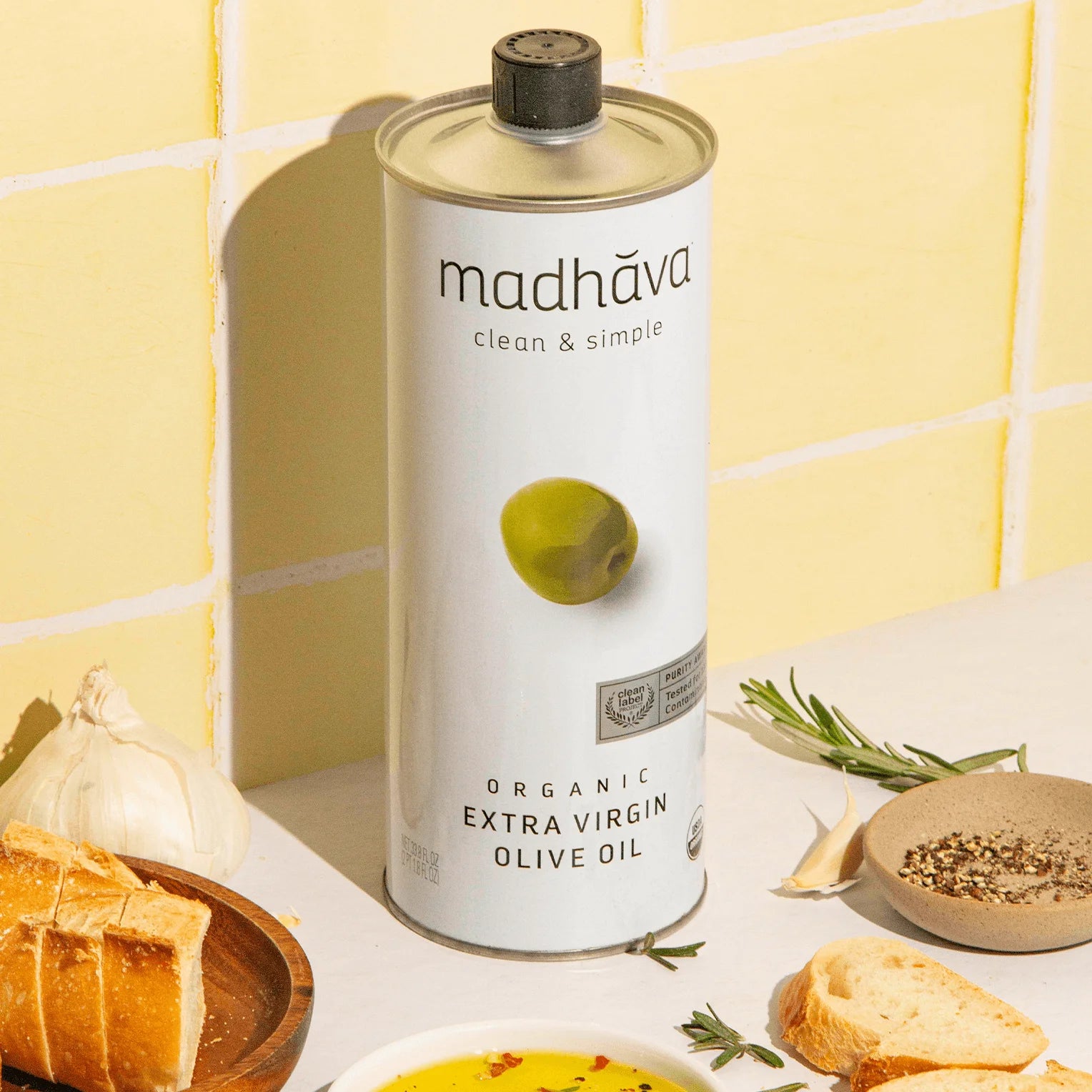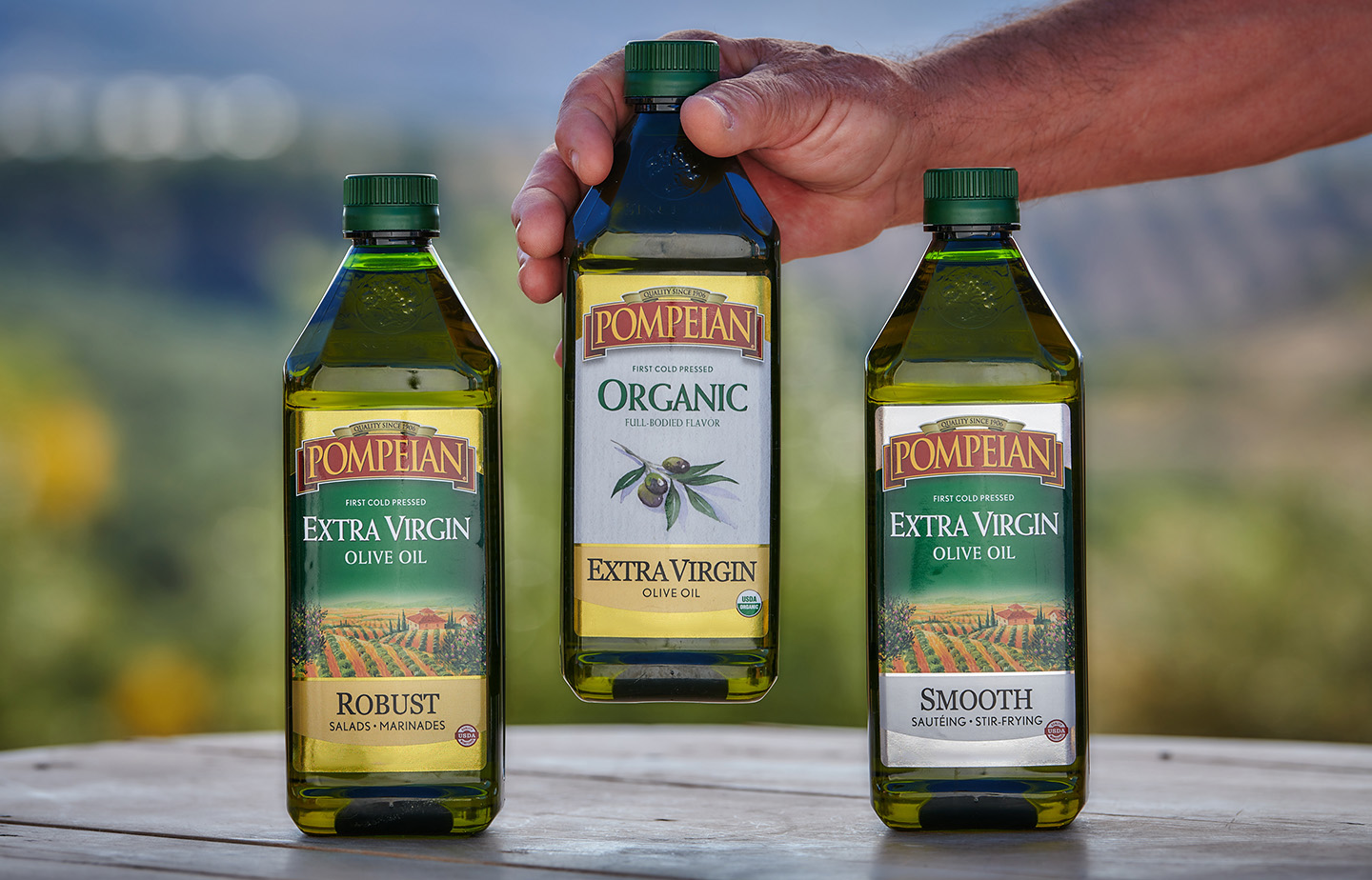Discovering the Various Types of Olive Oil and Their Uses, Including Extra Virgin Olive Oil
The exploration of olive oil encompasses a varied variety of kinds, each offering distinctive tastes and cooking applications. Additional virgin olive oil, renowned for its premium top quality and health benefits, offers as a staple in lots of kitchen areas, yet it is just one element of this complex ingredient.
What Is Olive Oil?
Stemmed from the fruit of the olive tree, olive oil is a staple in Mediterranean food and an essential active ingredient in various cooking applications. This flexible oil is generated by pressing entire olives, resulting in a liquid that differs in shade, fragrance, and taste depending upon the kind of olives used, the area of farming, and the extraction process. Olive oil is predominantly composed of monounsaturated fats, particularly oleic acid, which is known for its prospective health and wellness benefits, including anti-inflammatory buildings and cardio assistance.
Along with its cooking uses, olive oil has a long history of application in typical medication and skincare, owing to its rich antioxidant web content (extra virgin olive oil benefits). The oil is often made use of in dressings, marinades, and for cooking techniques such as sautéing and roasting. Its unique flavor profile can enhance the preference of various dishes, making it a necessary component for both home chefs and expert chefs
Furthermore, olive oil is commemorated for its role in the Mediterranean diet, which is related to numerous wellness benefits. As recognition of these advantages expands, olive oil remains to obtain popularity worldwide as a fundamental part of a healthy way of life.
Sorts Of Olive Oil
Comprehending the different kinds of olive oil is necessary for both health-conscious customers and culinary lovers. Olive oil is classified primarily based on its removal method and top quality, which significantly affects its flavor, health, and scent benefits.

Light olive oil, despite its name, describes a lighter taste and not reduced calories. It is suitable for those looking for a much more refined preference in marinades and dressings. Additionally, there are flavored olive oils instilled with herbs, spices, or citrus, which can enhance dishes without the requirement for extra flavoring.
Each sort of olive oil offers certain cooking functions, and recognizing these distinctions enables consumers to make enlightened selections that line up with their food preparation styles and wellness objectives.
Additional Virgin Olive Oil
Additional virgin olive oil (EVOO) is widely concerned as the greatest high quality olive oil offered, celebrated for its abundant flavor and various wellness benefits. To be categorized as extra virgin, the oil needs to be generated from fresh olives using mechanical processes, without the use of solvents or too much warmth. This meticulous technique preserves the oil's all-natural tastes, anti-oxidants, and healthy and balanced fats, causing a product with a reduced acidity degree of much less than 0.8%.
EVOO is bountiful in monounsaturated fats, particularly oleic acid, which is linked to minimized inflammation and improved heart wellness. It also contains polyphenols, effective anti-oxidants that might supply protective results versus chronic diseases. The taste account of EVOO can differ considerably depending on the olive variety and region of production, ranging from fruity and verdant to durable and sharp.

Culinary Use Olive Oil

In food preparation, olive oil can be made use of for sautéing, toasting, and barbecuing, supplying a healthier option to butter or other fats. Its high smoke factor makes it appropriate for numerous cooking approaches, while its antioxidants contribute to a heart-healthy diet plan. Showering olive oil over completed meals, such as pasta, fish, or smoked vegetables, can boost tastes and include a touch of beauty.
Moreover, olive oil plays a substantial duty in baking, where it can replace conventional fats in dishes for bread and breads, imparting wetness and a subtle preference. It likewise functions as a base for infused oils, allowing cooks to try out tastes such as garlic, natural herbs, or chili, further increasing its culinary potential. Generally, olive oil's convenience makes it crucial in both home and specialist kitchens.
Picking Quality Olive Oil
When choosing top quality olive oil, it's essential to take into consideration numerous crucial elements that affect the product's taste, fragrance, and health advantages. First and leading, select additional virgin olive oil (EVOO), which is originated from the very first cold pressing of olives and consists of the highest possible levels of anti-oxidants and useful substances. Search for oils that are licensed by recognized organizations, as this usually makes sure adherence to stringent quality requirements.
The product packaging also plays a substantial role in maintaining the oil's honesty. Select oils stored in dark glass containers or tins to shield against light deterioration. Pay focus to the harvest date; fresher oils supply premium flavor and nutritional worth, so pick products that are within 18 months of their harvest.
Be aware of the preference; an excellent top quality olive oil ought to have an equilibrium of fruity, this post bitter, and peppery notes, showing its richness and complexity. By reviewing these elements, you can ensure you are picking the ideal olive oil for your cooking needs.
Final Thought
In summary, the exploration of numerous kinds of olive oil reveals unique features and applications, with added virgin olive oil standing for the pinnacle of high quality due to its low level of acidity and high antioxidant web content. Understanding the various varieties of olive oil allows for educated options in food preparation approaches, advertising healthier practices while enriching the overall gastronomic experience.
Acquired from the fruit of the olive tree, olive oil is a staple in Mediterranean cuisine and a key ingredient in numerous culinary applications.The most common types of olive oil include refined olive oil, pure olive oil, and see here now light olive oil.Additional virgin olive oil (EVOO) is commonly pertained to as the greatest quality olive oil readily available, popular for its abundant taste and many health benefits. Opt for extra virgin olive oil (EVOO), which is obtained from the very first cold pushing of olives and has the highest degrees of antioxidants and beneficial compounds.In summary, the exploration of various types of olive oil reveals unique qualities and applications, with additional virgin olive oil representing the pinnacle of top quality due to its low level of acidity and high antioxidant material.